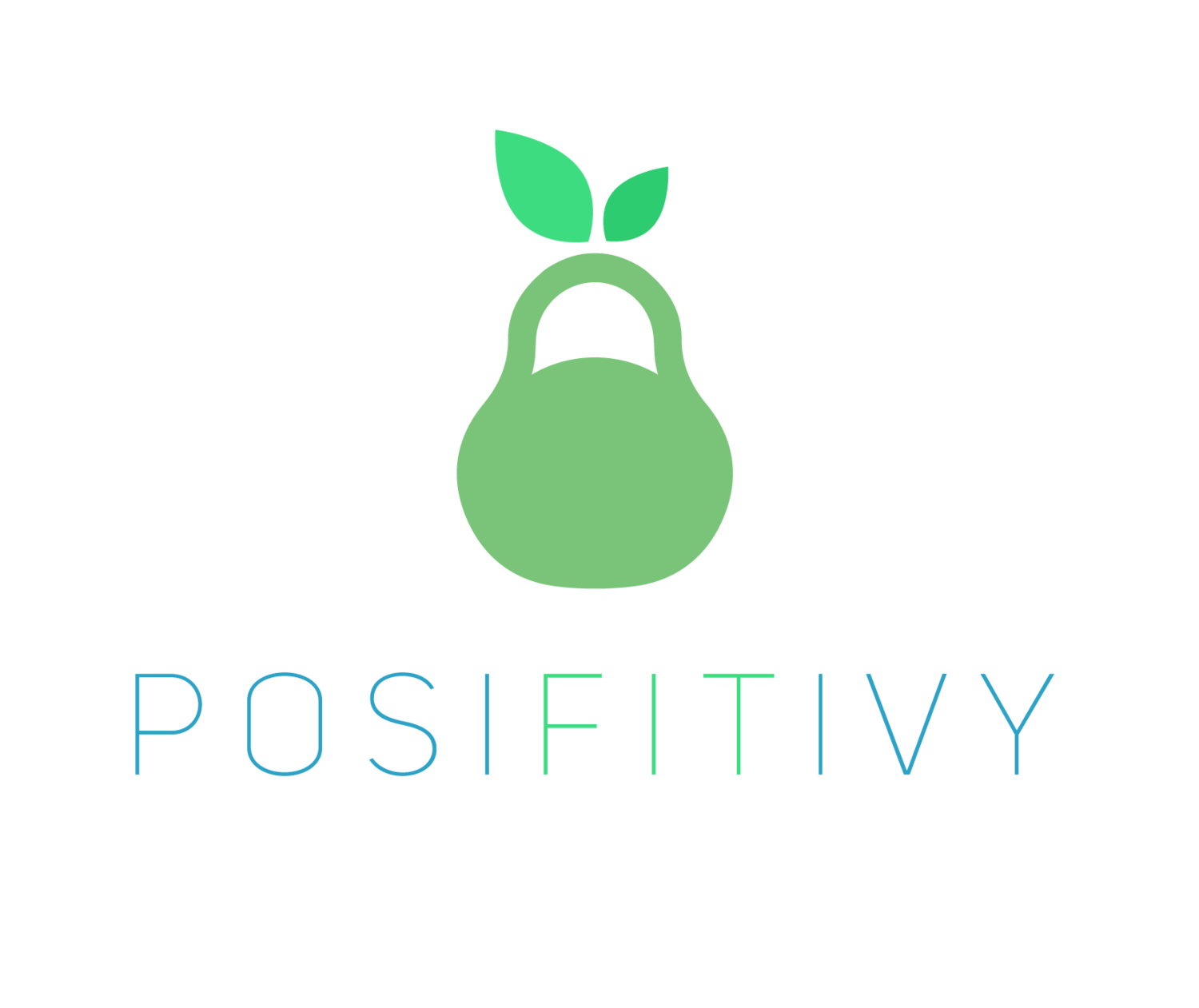on women removing their hijab
Recently, prominent Muslim women have taken off their hijab, and to me it appears that our community has been gripped by a wave of women removing the headscarf. I spoke about this last year in a YouTube video, but decided to write about it because I’ve thought about it a lot more since then and felt I had more to add.
The decision to wear or not wear a headscarf is between a woman and God. I feel as if this is obvious enough not to have to say, but I preface this piece with that statement because women who remove the hijab are barraged with vicious verbal attacks, made worse by social media. Islam heavily emphasizes the fact that worship is voluntary - just because something is religiously obligatory, doesn’t mean it’s up to the “community” (which is subjective) to enforce personal decisions. It’s our responsibility as Muslims to live up to our responsibilities and expect that we will bear the consequences of them. Just because someone is a public figure doesn’t mean they’re required to cultivate their behavior according to the expectations of their following. If you feel disappointed by a prominent person’s choice to take off the hijab, that begs closer personal examination. Are our own choices so unconvincing to us that another person’s decision shakes our conviction? Where does the visceral reaction come from?
The reality is, the hijab is incredibly difficult to wear. At times, it can be heavily isolating. Many of us were pressured to put it on growing up and struggle with it as adults. Muslim women who don the headscarf have to overcome the hurdle of others’ preconceived notions when they interact with them. There is comfort in feeling like you’re not alone, that your sisters are also struggling against these experiences and persevering. But instead of having empathy for those who decide to opt out, we ostracize them further, letting our feelings of betrayal fuel the way we treat them. I think it’s okay to feel personally hurt, disappointed, or discouraged. What isn’t okay is to funnel those feelings into causing pain. Carrying conviction and treating others with respect aren’t mutually exclusive. Furthermore, we shouldn’t show kindness only in the name of guiding someone to resume wearing the hijab. Compassion should be an ends in itself, as the Prophet (peace be upon him) demonstrated.
A woman’s social currency is her appearance, an unfortunate reality. It makes it more difficult to wear the hijab, because the headscarf is a physical differentiator which seeps into daily life. For someone who takes it off, it’s not as simple as “wanting to look better” (the idea of which is highly offensive in itself because it assigns superficiality to a woman’s decision-making). It’s about changing the dynamic of your interactions with yourself and others every day. Hijab feels ever-present, and it’s a choice daily, just like how one makes the decision to pray each time they do. In fact, during the month of Ramadan, we are to set the intention to fast every evening prior to the next day’s fast. Islam demands of us that we worship actively and consciously, because worship on auto-pilot serves no one, least of all your own soul. Instead of working to understand why this daily decision is especially challenging based on social dynamics, we reinforce the idea that a woman’s value is in her appearance by treating the headscarf as central to her worship. Though I strongly believe wearing the headscarf is a religious obligation, we dismiss other aspects of a woman’s practice by fixating so heavily (and viciously) on it.
More recently, I believe the wave of identity politics surrounding hijab have made it harder to wear. Instead of cultivating an understanding of it through a religious worldview, we’ve associated it with aesthetics and transient political and social ideas; as these change, so will our view of the headscarf. This is more reason to develop a personal, religious understanding of the hijab that’ll hold firm regardless of cultural climate. That doesn’t mean not to engage with conversations about the implications of wearing hijab! It just means that one’s decision-making should primarily be based on active religious engagement and a strong effort to understand oneself.
Personally, I wear the hijab because I believe it is a religious obligation that serves to remind me of my purpose here. My value isn’t in my appearance, it’s in the state of my soul and my contributions to the world at every scale. Hijab challenges me regularly, and it’s up to our community to ease the external challenges (by providing spaces exclusive to women and emotional support, for example), but only up to me to choose - every day - to wear it.



